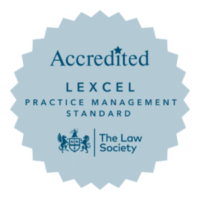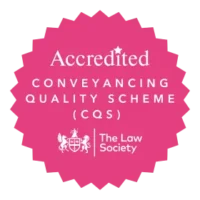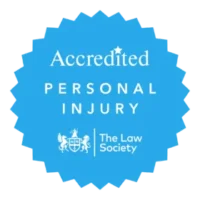Family Law: Parental Responsibility
16th Apr 2025
What is Parental Responsibility?
Parental Responsibility is the term used to define those individuals with legal rights and duties for their child/children. This means that they are responsible for the care and well-being of their child/children and that they have the ability to make certain decisions about their child’ s upbringing such as:
- Educational decisions – deciding where the child should go to school. An individual with parental responsibility also has the ability to contact the school to request updates relating to the child.
- Medical decisions – having the ability to obtain their child’s medical records and make decisions about potential medical treatment.
- Geographical decisions – deciding if their child should be taken abroad for extended periods of time. Every person with Parental Responsibility should be consulted before a child can be removed from their current jurisdiction and their consent should be obtained. In the event there can beno agreement, the court must intervene.
- Personal decisions – the ability to choose or change their child’s name, albeit this must be agreed by ALL parties with parental responsibility, or otherwise a court order will be necessary.
Who has Parental Responsibility for a child?
A mother who gives birth to a child automatically holds parental responsibility for that child from birth. For any other individuals, parental responsibility largely relies on the circumstances of the situation.
If a father is named on the birth certificate for a child, he too is regarded as having parental responsibility for the child and in turn, can make decisions regarding that child. Where the father is not named, he can either reach an agreement with the mother and register that agreement with the Court, or otherwise, can make an application to the Court under s8 Children Act 1989.
A step-parent can also make an application for parental responsibility, provided they are married to the parent and provided ALL parties with parental responsibility agree.
Where a child is accommodated by the Local Authority in Care Proceedings, the Local Authority will share parental responsibility with the parents.
Should the court make a Special Guardianship Order, then the Special Guardian will obtain Parental Responsibility, alongside the parents. This also occurs in the adoption of a child.
Can you remove someone’s Parental Responsibility?
Only the Court has the power to remove a person’s Parental Responsibility and this is only usually terminated in extreme circumstances.
The only other circumstance would be upon the adoption of a child, where the birth parents would lose their parental responsibility.
Examples of why is it important to obtain parental responsibility?
Even if a child does not live with you, you have the right to be involved in important decisions in your child’s life. These include what school the child attends, whether they should be allowed to go abroad and whether they should receive medical treatment.
If you are a father without parental responsibility, whether or not you have a good relationship with the mother, there are still reasons to consider getting parental responsibility to ensure you can meet your child’s needs while caring for her. Without parental responsibility you are likely to have problems if you need to talk to his/her school or family doctor or be unable to give consent if he/she needed emergency medical treatment.
If you wish to take your child abroad for any length of time, to do this you need the consent of everyone with parental responsibility or a court order (unless you have a child arrangements order for them). Without these, taking the children abroad would be a criminal offence.
How can we help.
If you would like to discuss your position further or have a query relating to parental responsibility and the dynamics of your family, we offer a free 30 minute appointment to discuss your situation and offer initial advice to assist you. Contact us via telephone on 01761 414646, email to enquiries@th-law.co.uk or contact us through our website.
Related news
Articles you may find useful
Like this article? Sign up for our regular newsletters





